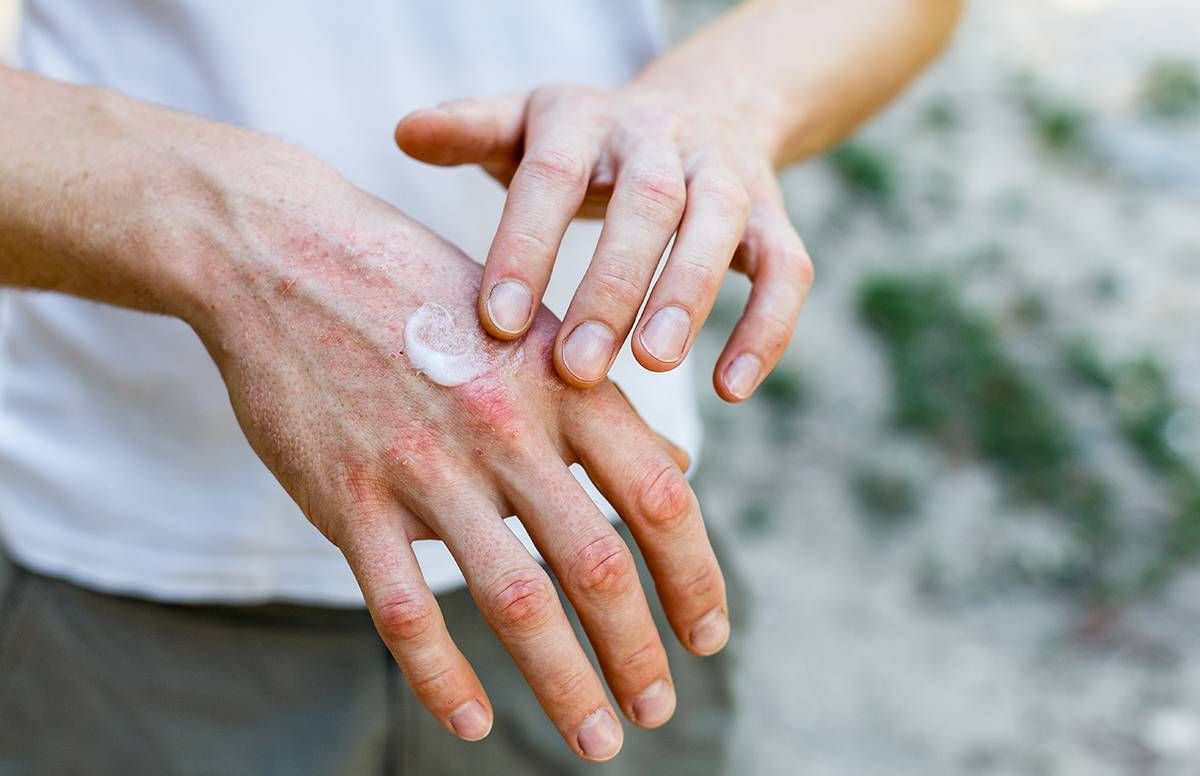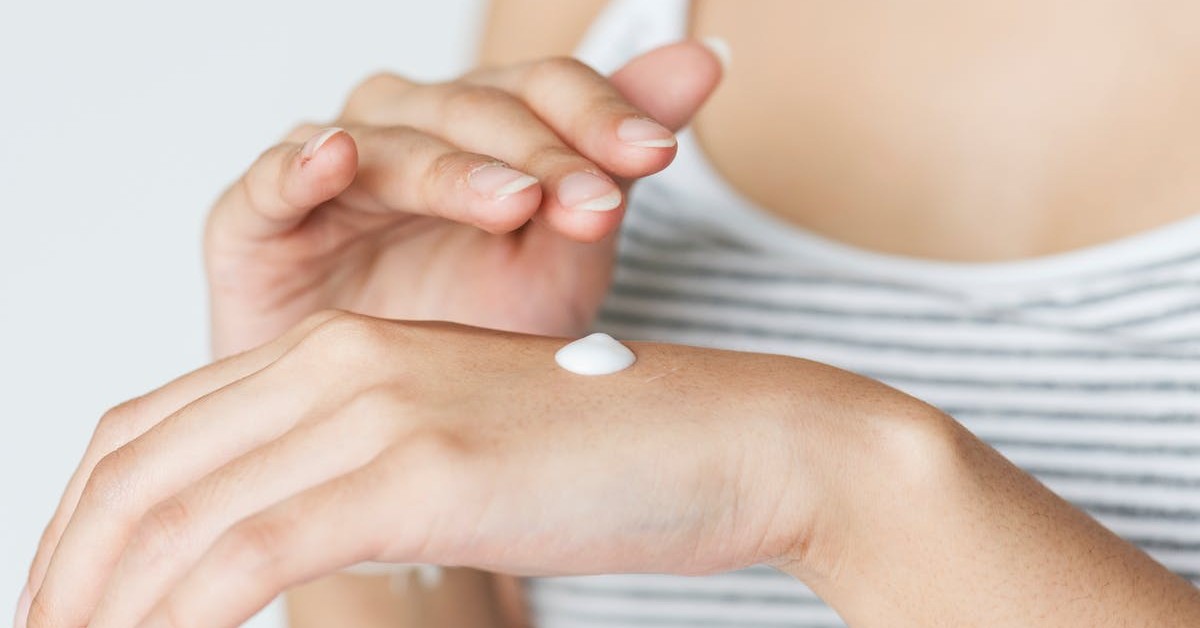
Living with eczema can be a continual challenge and finding the right cream to help manage it is an important part of that journey. However, using the wrong eczema cream can make symptoms worse and lead to further discomfort.
In this article, we explore why taking caution in selecting an eczema cream is so important for those living with skin conditions like eczema. We will discuss what makes choosing the correct product difficult, as well as provide tips on how best to approach the selection process for successful treatment of your condition.
Understanding the Risks of Incorrect Eczema Cream Use

Using the wrong eczema cream can not only fail to ease symptoms, but it can even make them worse. Incorrectly using a cream for eczema can cause skin irritation and further impair healing.
Fortunately, there are ways to understand and reduce the risks of inappropriate use of eczema creams:
- Know Your Eczema Type: Different types of eczema require different treatments and products. Identifying your type is essential when choosing the right cream as some ingredients may irritate specific types more than others. For example, steroid-based creams should be avoided for certain forms of infantile seborrheic dermatitis because they could worsen symptoms.
- Follow Usage Guidelines: Always adhere to the directions on any product you choose, including application frequency and amount used per area treated. If any adverse reactions occur, stop use immediately; if symptoms persist or worsen after changing creams or following instructions properly, consult a physician for advice on which treatment would work best without causing additional harm or discomfort.
- Read Ingredients Carefully: Be aware that many over-the-counter products contain harsh chemicals like parabens and fragrances that may aggravate sensitive skin conditions like eczema; these additives could even lead to permanent damage in extreme cases if used improperly or too often over time – so read labels carefully! Additionally, strong topical steroids should generally be avoided unless prescribed by a doctor as prolonged use has been associated with long term health issues such as thinning skin (atrophy).
- Test Products Before Full Use: Whenever possible test out new creams before applying them fully by dabbing a small bit onto an unaffected area first; this way you’ll know how your body reacts before fully committing to usage – especially important if you have allergies or sensitivities towards certain ingredients!
Differentiating Between Treatments for Mild and Severe Cases of Eczema
When it comes to treating eczema, the type of cream used and the severity of symptoms are two important factors that must be taken into consideration. For mild cases, topical steroid creams can help reduce inflammation and itching.
However, for more severe cases such as atopic dermatitis or contact dermatitis, a combination of treatments may be necessary including oral medications or phototherapy. It is also important to note that certain creams should not be used on sensitive areas such as around the eyes due to potential side effects like stinging or burning sensations. Therefore, when selecting an eczema cream it is essential to consider both the conditions severity and where on the body it appears before making any decisions about treatment.
How to Avoid Making Your Eczema Worse with Creams
When it comes to managing eczema, picking the right cream is key. Unfortunately, using the wrong cream can make symptoms worse and even lead to infection. To ensure that your skin remains healthy and irritation-free, here are some tips on how to avoid making your eczema worse with creams:
- Check Ingredients – Many over-the-counter products contain harsh chemicals or fragrances which can irritate sensitive skin; take a look at what’s in the product before buying it or applying it to your skin.
- Try Natural Remedies – If you find that traditional creams dont work for you, consider trying natural options such as coconut oil or aloe vera gel instead; these may be less likely to aggravate eczema symptoms than conventional products.
- Test Small Amounts First – Before slathering yourself in an unknown product, test a small amount of any new cream on a patch of unaffected skin first; this will help determine if you should use the product all over or not at all!
- Don’t Overuse Creams – Too much of any topical ointment can cause further irritation and inflammation; always follow instructions carefully when using creams for optimal results without exacerbating issues further down the line.
Following these simple steps will help keep flare-ups under control and reduce discomfort associated with eczema outbreaks caused by incorrect use of skincare products!
Conclusion

It is clear that the wrong eczema cream can make the condition worse instead of better. Therefore, it is important to be mindful when selecting a product for treating eczema.
The best eczema cream should contain natural ingredients that are proven to help with itching, dryness and irritation caused by this skin condition. Consulting with a doctor or dermatologist before choosing an eczema cream may be beneficial in order to select the most suitable option for your needs.





